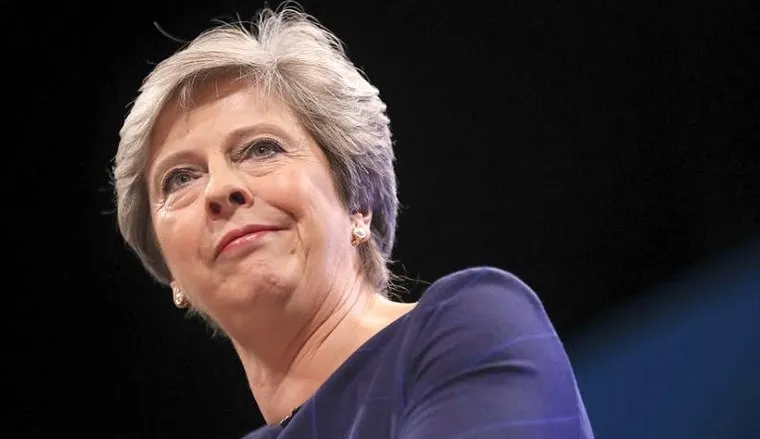Britain's reaction to Russia's aggression on its soil is tough and right. This is the type of response we should expect from a post-Brexit Britain, which is not bound by the lowest common denominator responses of the European Union, but defends its sovereignty, values and national interest against rising revisionist powers.
 Russia's attempted murder of former double agent Sergei Skripal and his daughter, Yulia, isn't the first time it has undertaken a targeted killing on British soil.
Russia's attempted murder of former double agent Sergei Skripal and his daughter, Yulia, isn't the first time it has undertaken a targeted killing on British soil.
The case of Russian FSB agent Alexander Litvinenko in 2006 made global headlines, but there are apparently 14 other unexplained Russia-related deaths in the UK as well. The contrast between British Prime Minister Theresa May's response to the Skripal case with that of then PM Gordon Brown in 2006 to Litvinenko's murder couldn't be starker.
After a short deadline passed for Russia to respond to allegations that they were not responsible for the use of their own military grade nerve agent on British soil, May announced that she would expel 23 Russian intelligence officers, as well as cancel plans for members of the royal family and British government to attend soccer's World Cup in Russia.
Relations between the UK and Russia are now effectively on ice, with all high-level bilateral contacts suspended and tougher sanctions likely. In contrast, Brown expelled only four Russian diplomats and demanded the extradition of the suspected murderer — a request which Russia ignored.
After pressure from Litvinenko's family, the UK government eventually ordered an inquest eight years later, which in 2016 concluded what was already known: Russian nationals had murdered Litvinenko on the orders of the Russian secret service, most likely with the approval of President Vladimir Putin.
Since 2006, the EU has been painfully slow in realising that it must take a tougher approach to Russia's aggression. It took Russia's annexation of Crimea in 2014 for the EU to impose trade and financial sanctions, including targeted individual sanctions on certain government officials.
That was followed by Russian-backed rebels shooting down a Malaysian Airlines flight over Ukraine, killing 298 crew and passengers, including 37 Australian citizens and permanent residents.
The issue for the UK and the EU more broadly is the balancing of two concerns: taking a firm stand against Russian aggression and revisionism while maintaining a trade and investment relationship with it.
Britain is the largest foreign investor in Russia, particularly in the oil and gas industries, and the City of London is the stomping ground of many Russian oligarchs.
Russia now supplies about 40 per cent of the Europe's gas.
This dilemma in Europe and the UK is an issue we in Australia need to contend with when it comes to balancing our growing economic dependence on China while standing up for our values.
The Trump administration has made it clear that the central challenge to US prosperity and security is competition with the revisionist powers of Russia and China, which "want to shape a world consistent with their authoritarian model — gaining veto authority over other nations' economic, diplomatic, and security decisions".
This explains, in part, the motivation behind the Skripal hit.
For Russia, this was about sending a message to its diaspora that it is watching them, irrespective of time or distance, and that they are never safe. But it was also about testing an (almost) post-Brexit UK's resolve to stand up to Russian aggression and the strength of the democratic West in general to stand up to authoritarian aggression. Pleasingly, the US, France and Germany joined the UK in issuing a stern joint statement pinning the blame on Russia for "(threatening) the security of us all".
But what about the rest of the UK's friends in the West? The EU's failure to join this statement is an indictment of its fecklessness in the face of authoritarianism.
No comments:
Post a Comment